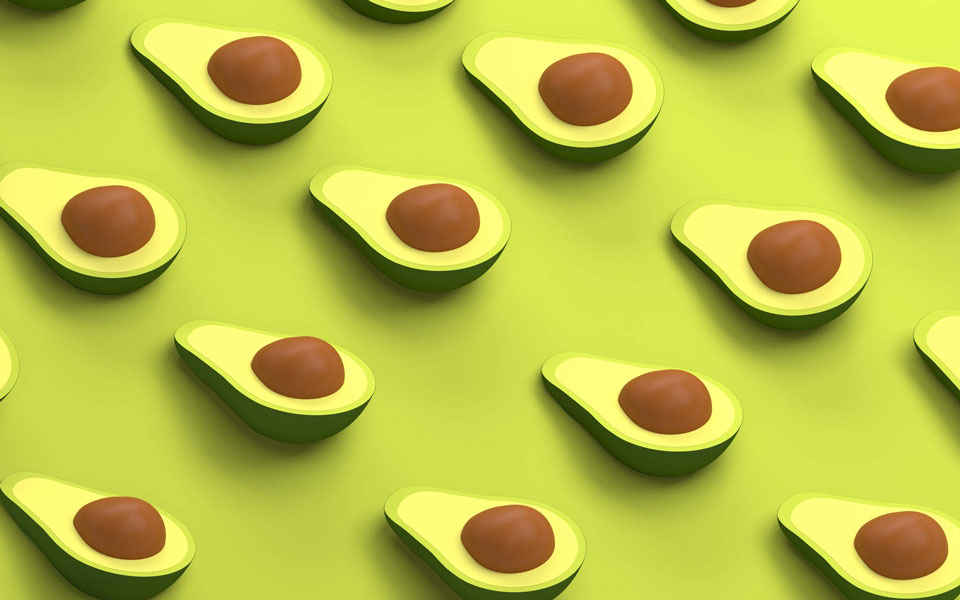People change diets for numerous reasons, weight loss and muscle gain being chief among them. However, as nutrition coach and Instagram myth-buster Graeme Tomlinson recently revealed, there is an even sexier reason to adjust your nutrition plan than to try to get Chris Hemsworth’s ‘thor-some’ rig.
That reason is to increase your sexual performance. As Graeme explains, unless you’re Lebron James (and have a team of dedicated nutritionists and fitness experts at your disposal), you will need carbohydrates to perform for any extended period of time in the bedroom.
View this post on Instagram
This is something many low-carb dieters have experienced, with studies showing a distinct drop in libido (and overall energy levels) upon commencing the regime. However, as Insider reports, this can be followed by a surge in sex drive – something Graeme appears to deny. So, why the mismatch? And, who’s right?
As we reported earlier this year, people tend to see more success on low-carb regimes, not because they are innately better, but because they come with an ‘in-group’ mentality that makes them easier to stick to than a boring old mainstream ‘healthy diet.’
So, while cutting out carbs will likely – initially – cause lethargy, if you continue your Keto diet successfully, eating whole foods and high-quality proteins, you will probably regain your sex drive (if you’re lucky, with dividends) pretty fast. This is not to say it will stay higher (numerous studies have shown Keto’s ‘energy-boosting phase’ lasts about as long as the ‘lethargy stage’) but that you will get back to baseline.
Unfortunately, contrary to popular belief, when it comes to fat burning, you will also come back to baseline, with nutrition coach Graeme captioning the above graphic, “If you don’t eat carbs because you’re under the impression that doing so will result in more fat loss than a carb inclusive diet, you are mistaken.”
“As low-carb dietitians and doctors instruct you to toddle off to buy your allotted protein a[nd] fats, proudly walking out of the supermarket free from pleasurable carb-rich foods, they do so from a place of ignorance towards scientific research… Or bat sh*t mental interpretations of it to fit their narrative (and their bank account).”
“One is the claim that more weight can be lost on a low carb diet. Whilst this may be technically correct, this is merely initial reductions in water weight from reduced glycogen storage,” Graeme continued, underneath the image. “That said, if a low-carb diet introduced a calorie deficit, fat mass would also reduce. But not because of omission of carbs, because of a calorie deficit.”
Graeme says high-fat low-carb diets have risen to prominence over the last 20-30 years, driven by buzzwords like ‘ketosis,’ an allegedly ‘super fat-burning’ state in which your body (theoretically) burns fat for fuel instead of carbs. The problem is though, according to Graeme, is that this is an illusion: “As fat is the only immediate energy source available, the fat burned here is simply dietary fats consumed… not total body fat.”
To make his case, Graeme cites, “The most recent meta-analysis by Hall & Guo in 2018,” which he says “concluded that as long as calories and protein were equated, low-carb or low-fat diets were virtually the same regarding fat loss.”
“In fact, results showed that low-fat diets among subjects resulted in greater fat loss, though the difference was too negligible to be significant. This rigorously proves (for now) that those concerned about eating carb-rich foods don’t need to be.”
The takeaway? It’s not about whether or not you eat carbs. It’s about eating a high-quality diet and (if you have specific weight goals) keeping track of your calories.
